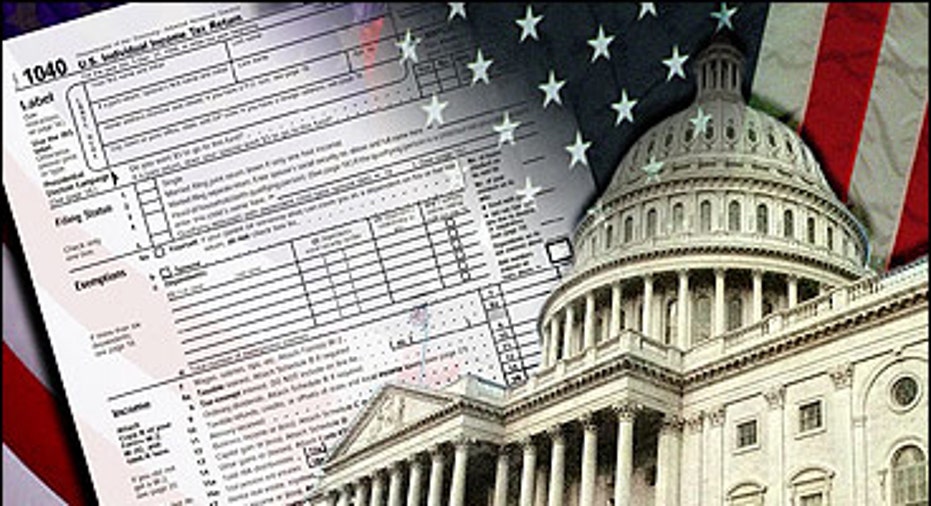Tax Ramifications of Closing Your Business

Over the last couple of weeks, a few of my clients have decided for one reason or another to close down their businesses. One is moving to a different state while another is about to retire and wants to travel the world. Whatever the reason, there will be tax rules to follow depending on the type of small business.
For sole proprietorships, closing down is a relatively simple procedure: Take the sign down and walk away. You simply quit filing Schedule C with your tax return. In fact, unlike corporate or partnership entities, there is not even a “final return” box on the Schedule C form. If your business is a corporation or partnership, consult with your tax professional to find out the tax ramifications of dissolving.
But there is one big question a business owner should ask before closing the doors forever: Would selling the business be a better decision?
The answer is usually yes.
Several years ago, a retail small business owner told me he was going to hold an inventory close out sale and then close his store’s doors forever. He was ready to retire with plans to move out of the country. I gave him a panicked look and told him to re-think his decision. There was value in his business: goodwill (client list or customer base), the value of the location (prime) and his long-term lease, strong employee support, and value to the other assets such as fixtures, equipment and leasehold improvements. I recommended that he sell the business, not close it.
A business valuation resulted in an asking price of $250,000, which was $200,000 more than what he would have netted by selling the inventory by itself. He found a buyer and retired a happier man.
If your business is floundering, perhaps there is still hope for selling rather than closing. You may be able to spend a bit of time to bring the business back up to lucrative levels that will attract a decent selling price. Or, if you are burnt out and don’t want to put in the time and effort, consider whether there are positive attributes of the business that are salable, like the client list for example. This especially works for service-based businesses.
A competitor may be interested in taking over your current client load. This involves you selling the list at a mutually- agreed upon price and provide a letter of introduction to your clients containing a strong endorsement of the new owner.
When you close down the business, you will want to close out your Employer Identification Number (EIN) with the IRS. Sole proprietors only need to apply for an EIN if they have payroll. But oftentimes a sole proprietor will obtain an EIN for security purposes instead of having to use a Social Security number.
The procedure to close a business account is quite simple: The IRS wants a letter that includes the complete legal name of the entity, the EIN, the business address and the reason you wish to close your account. If you have a copy of the EIN Assignment Notice that was issued when your EIN was issued you can also include that with the letter. Here’s where to send the materials:
Internal Revenue Service Cincinnati, Ohio 45999 Make sure that you have filed all business tax returns associated with your EIN and paid all taxes due before requesting the account be closed.
Your EIN dies with your business. It will never be used again. The IRS will not reissue your EIN to a new company.
See Closing a Business Checklist for other actions you may need to take.



















